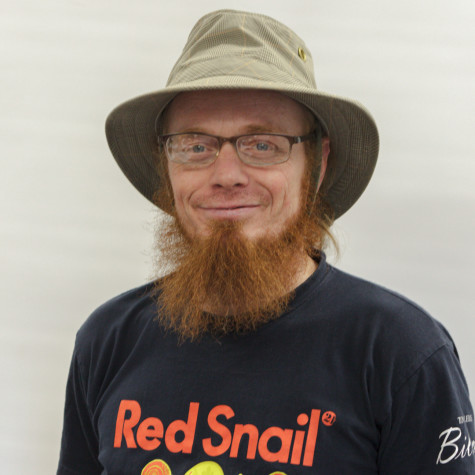Author Naomi Klein said the climate is in peril and tough choices must be made to stave off catastrophe, introducing her new book, “This Changes Everything: Capitalism Vs. The Climate,” to a packed Veteran’s Memorial Auditorium in Santa Rosa Oct. 17.
The premise of her book, Klein said, is that to avoid catastrophic changes to our environment the “business-as-usual” model must be radically transformed. Nation-states must take back political power from multinational corporations in a desperate bid to shift away from the industrial practices that have devastated the planet’s ability to sustain life.
“When it comes to climate change, there are no more non-radical options left on the table. That’s what it means to talk about climate change in 2014,” Klein said.
Climate scientists tell us that if we do nothing, we are facing radical changes to our physical world, Klein said.
“We know we are talking about entire countries disappearing beneath the waves, major cities disappearing as well, cities like London and San Francisco. We know we are talking about massive crop failure,” she said. “All we have to do to get to that very frightening place is nothing. We just have to keep doing what we are already doing.” This includes powering our societies and our agricultural systems with fossil fuels, according to Klein.
Fortunately it’s still not too late to make the necessary changes for a chance to avoid those catastrophic scenarios. It is not too late to keep us below the two degrees Celsius warming that world governments agreed to in Copenhagen in 2009. At that time the signatories of the Copenhagen Accord stated that any higher temperature increase would be far too dangerous to consider.
Klein acknowledged the needed changes have enemies entrenched in our political system. She said if we are going to confront climate change, it means the end of the far-right worldview.
“The whole move of the Republican party towards climate change denial is a reflection of the fact that they understand that if we are going to deal with this crisis, we have to intervene in the market in ways that are ideologically abhorrent to them, so they choose to deny the science,” she said.
Klein pointed out the choices are not limited to centralized socialism or capitalist democracy; the options available are more nuanced. “We need an economic model that takes as its guiding mission the protection and regeneration of life on Earth,” she said.
Klein said she does not believe environmental groups should be partnering with corporations. Rather, they should maintain their independence to avoid what she said has been a big problem of competing interests in these partnerships.
“I don’t believe we are going to do this without some really serious political change, structural change in terms of the influence of money in politics, in terms of corporate personhood,” Klein said. “We need to be actually getting at the sickness at the heart of the American political system.”
According to Klein, part of that sickness is the idea that it’s the role of government to get out of the way of multinational corporations to facilitate rapid profit making, which is supposed to trickle down to the rest of us. “We have a political elite that remains in the grips of this ideology and cannot imagine taking bold action for the collective good, even with stakes as high as these,” Klein said.
Some of Klein’s suggestions for these changes were for municipalities to divest from fossil fuels, getting the money out of politics, a large-scale move towards public owned utilities and a break away from the notion that the free market can facilitate these changes.
Klein said we have wasted too much time changing our light bulbs and the movement needs a sense of urgency. However, nothing is inevitable and we can still prevent catastrophe if we act quickly.



